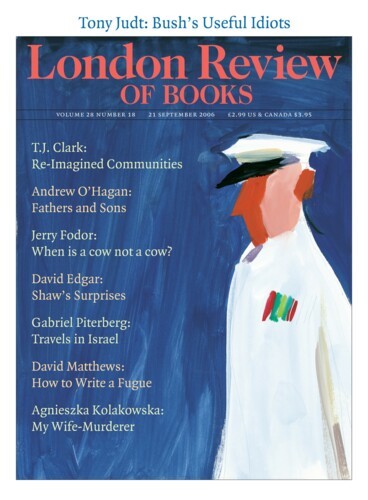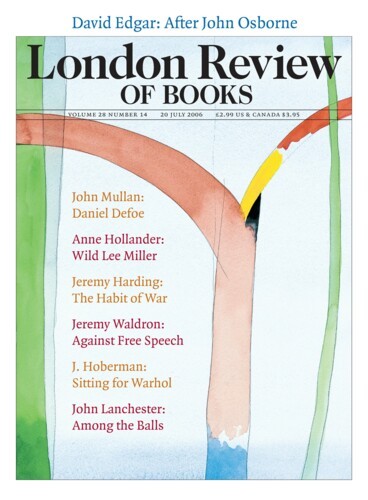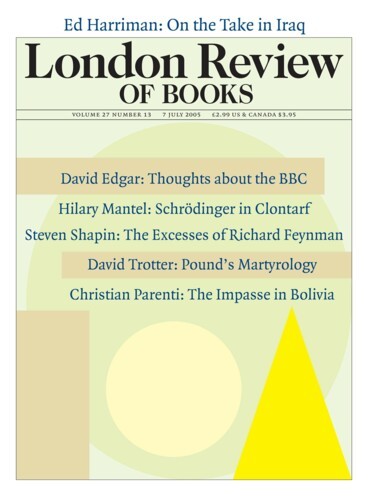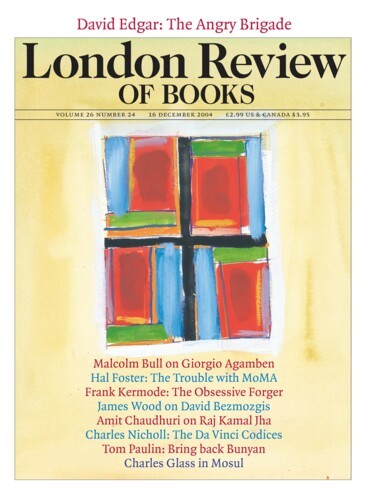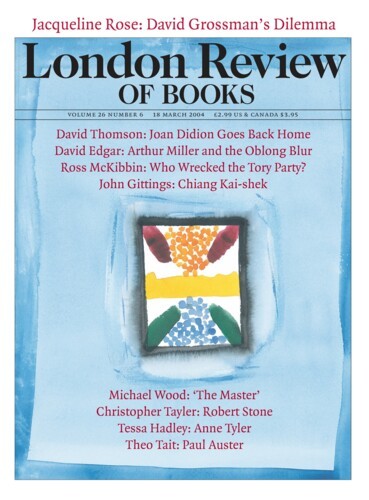“When my father, Barrie Edgar, joined the BBC in 1946, its television service consisted of two studios at Alexandra Palace, and two outside broadcast units. Rising quickly from studio manager to the rank of outside broadcast producer, he spent his early years, in London and then in Birmingham, producing anything and everything: from seaside summer shows and circuses to race meetings and general election counts, from Muffin the Mule to the consecration of the new Coventry Cathedral. Rejecting a good financial offer to move to ITV in 1955, he saw many of his programmes hived off from outside broadcasts to specialised (and centralised) BBC departments; over the years, he lost the King’s College Christmas carols to Music, Songs of Praise to Religion and Come Dancing to London. He spent the last years of his 33-year BBC career producing a programme that might have seemed a broadcasting backwater, but which anticipated the trend towards the lifestyle shows that have dominated BBC2 for ten years: Gardeners’ World.”
Uncertain Vision: Birt, Dyke and the Reinvention of the BBC by Georgina Born. Building Public Value: Renewing the BBC for a Digital World
BBC, 135 pp.
“When my father, Barrie Edgar, joined the BBC in 1946, its television service consisted of two studios at Alexandra Palace, and two outside broadcast units. Rising quickly from studio manager to the rank of outside broadcast producer, he spent his early years, in London and then in Birmingham, producing anything and everything: from seaside summer shows and circuses to race meetings and general election counts, from Muffin the Mule to the consecration of the new Coventry Cathedral. Rejecting a good financial offer to move to ITV in 1955, he saw many of his programmes hived off from outside broadcasts to specialised (and centralised) BBC departments; over the years, he lost the King’s College Christmas carols to Music, Songs of Praise to Religion and Come Dancing to London. He spent the last years of his 33-year BBC career producing a programme that might have seemed a broadcasting backwater, but which anticipated the trend towards the lifestyle shows that have dominated BBC2 for ten years: Gardeners’ World.”
